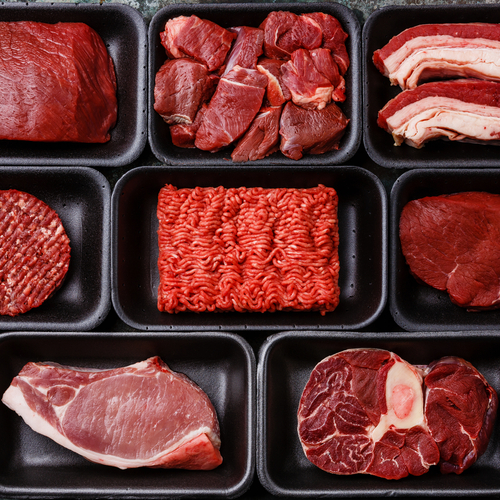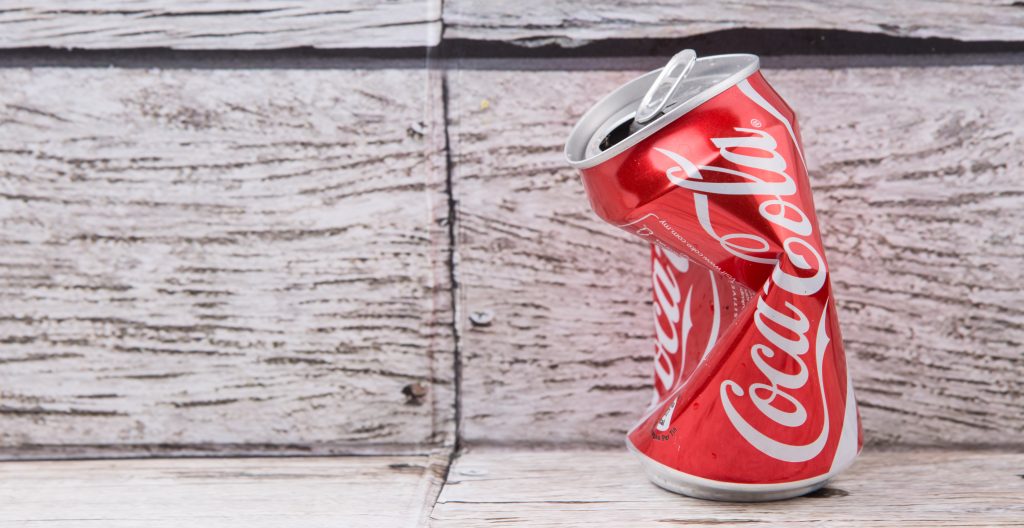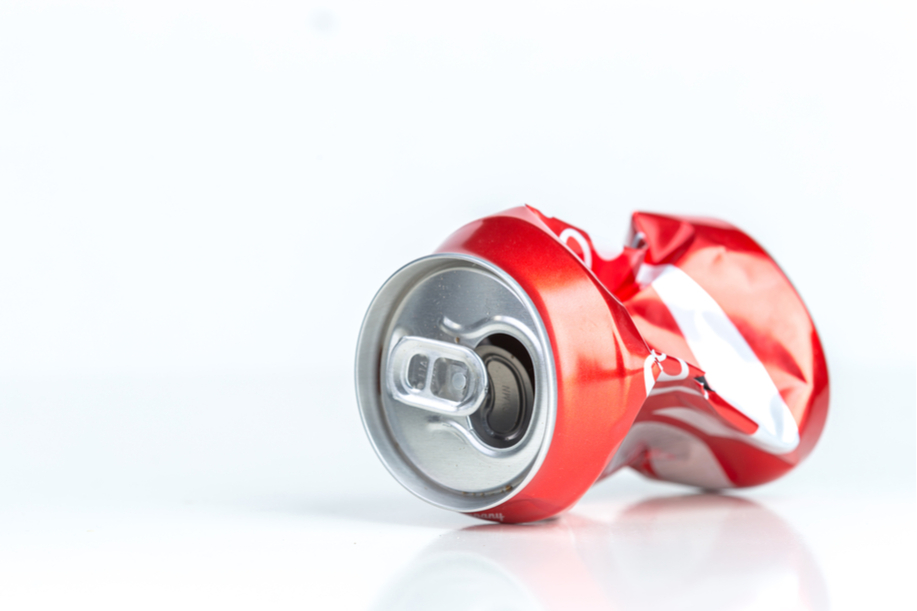Whenever strange headlines start popping up about java junkies, coffee-induced mental disorders, or why caffeine is the new drug of choice, chances are that Dr. Roland Griffiths has released a new “study.” Over the years, Griffiths has done wonders for food cop campaigns, trumpeting his theories about soda addiction in newspapers across the country. Now the Center for Science in the Public Interest and friends have a new liquid villain: energy drinks. And – what a coincidence – Griffiths has published a new headline-grabbing study! Can you guess what his beverage of choice was this time around?
Like his 2004 study, Griffiths’ latest anti-caffeine research is a “meta-study,” or study of studies. But Griffiths didn’t earn his “expert” status on secondary research. And a little background on his 1990s work sheds some helpful perspective.
As we pointed out several years ago, Griffiths’ first anti-caffeine study examined a total of seven people — himself and six colleagues. A few years later, at the height of the anti-tobacco campaign, he stepped into the public spotlight with an outrageous comparison between caffeine and nicotine, announcing in a press release:
“The marketing parallels between nicotine and caffeine are pretty stunning. Both are psychoactive drugs.”
The National Institute of Drug Abuse, which funded that particular study, immediately criticized Griffiths for drawing his sweeping conclusions from a mere 27 subjects. Alan Leshner, the institute’s director, said simply: "I don’t agree with the conclusion that caffeine should be lumped with nicotine."
It may have been flawed, but Griffiths’ nicotine comparison was certainly effective. And for his latest anti-caffeine study, the doctor has found a handy replacement for the 1990s version: “caffeine intoxication.” Says Griffiths about the lack of skull-and-crossbones on energy drinks:
It’s like drinking a beverage and not knowing, not being able to taste, whether it’s straight vodka you just drank or beer.
Setting aside the fact that there’s nothing wrong with the responsible consumption of vodka or beer, does this change in terminology have anything to do with a recent food cop crusade against caffeine-infused adult beverages? Who knows. But when it comes to caffeine and health, we’ll stick with the science on this one.




